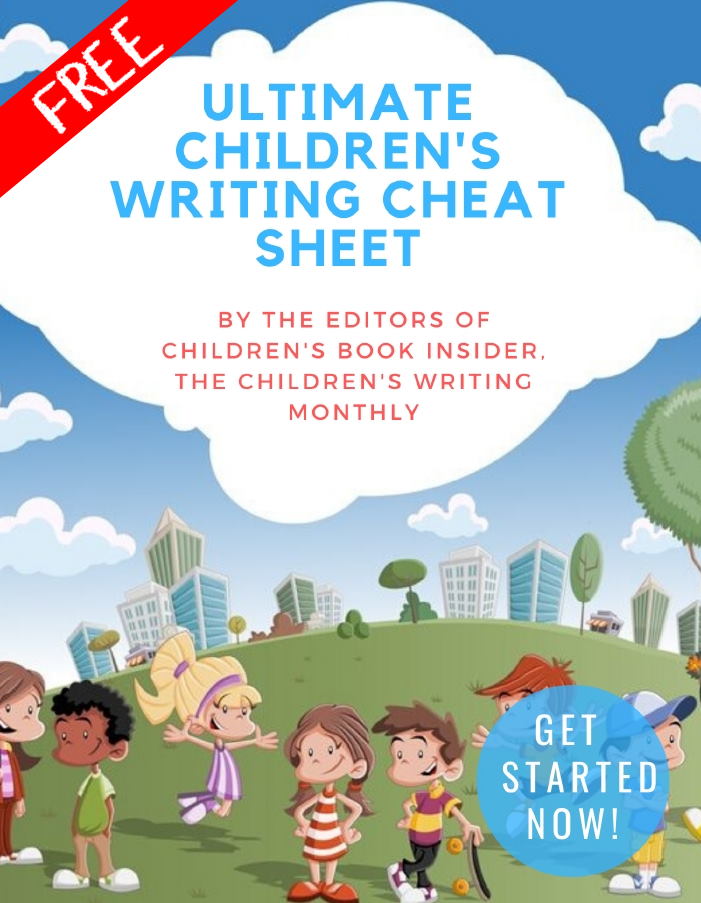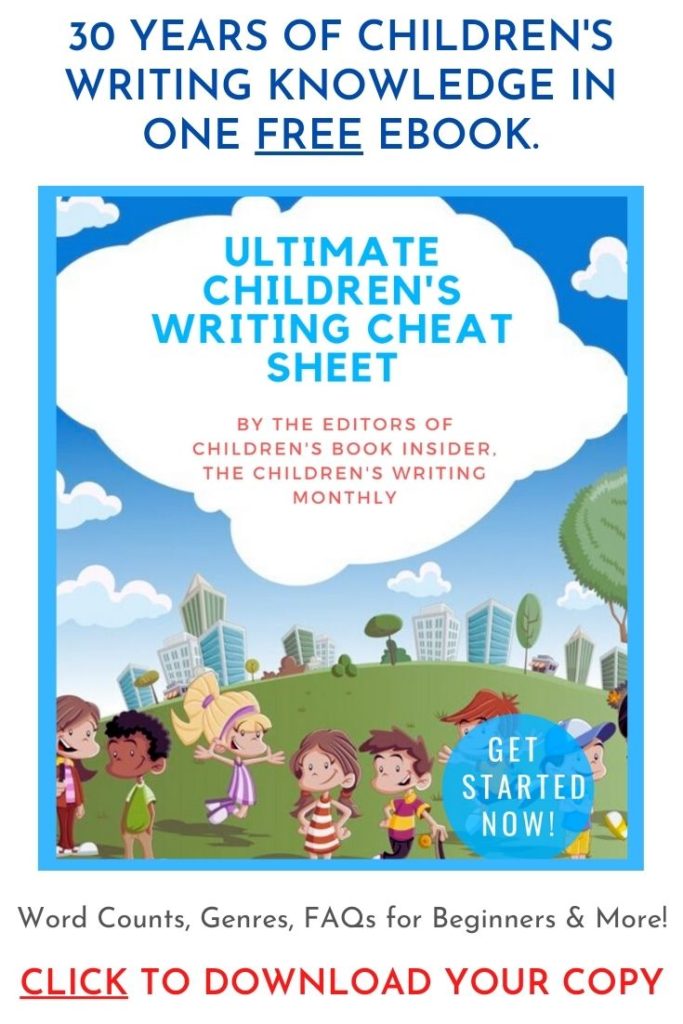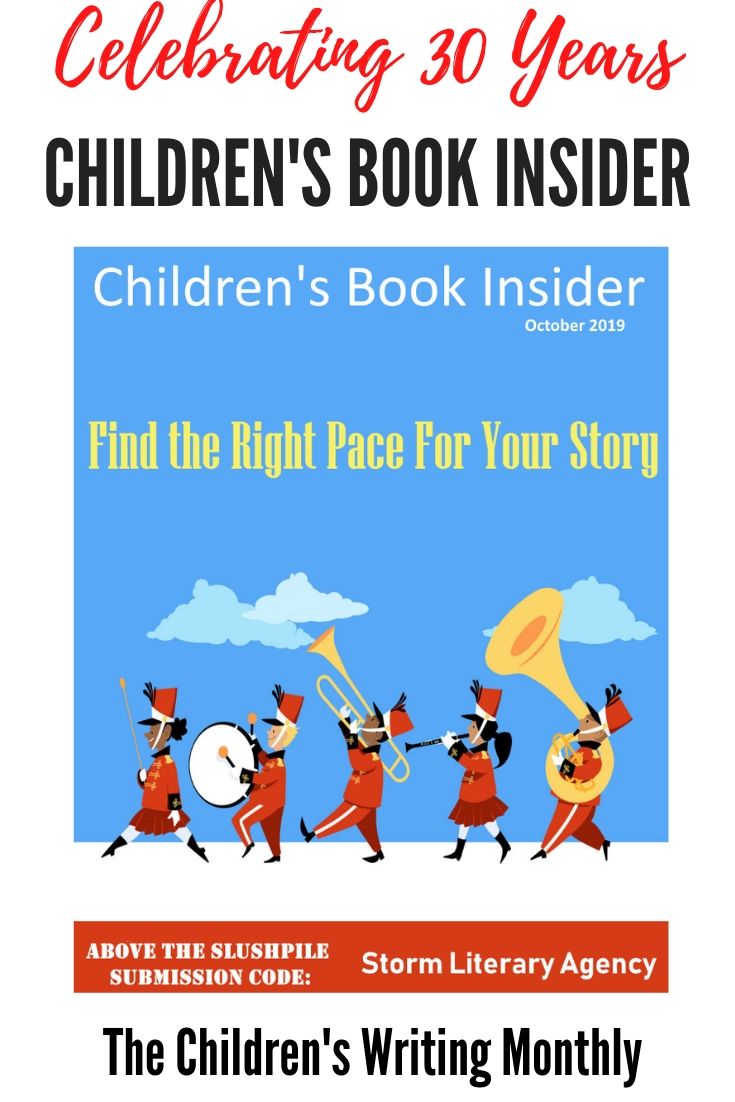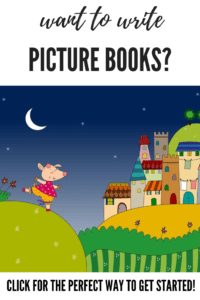
by Suzanna Henshon
If your definition of breaking into publishing includes writing and selling a 300-page novel, or convincing a publisher to invest thousands of dollars in your picture book, you’re overlooking a substantial part of the market.
Magazines need new material on a weekly or monthly basis. Some writers start off by writing for magazines in the hopes of moving up to the “higher” art form of the book. But magazine writing can also be fulfilling and challenging. Writing for magazines is a fine art in itself, not a mere stepping stone to publishing a book.
You have to write a fun and compelling article in a limited amount of space. You have to “hook” the reader with reasons for why she should stay with you—rather than flipping the page. You have to convince an editor that you have the expertise, research abilities, and time management skills to fulfill your assignment. Whether you choose to stick with magazines exclusively or eventually move on to books, magazine assignments will sharpen skills you’ll use in any type of writing.
Here are a few of the perks:
1. You learn how to write concisely. When you are writing with a deadline and a limited amount of space, you are forced to hone your craft. You write to be understood immediately by the reader who might be flipping through the magazine for the first time.
2. You learn time management skills. While writing is a creative act, the real issue at the end of the day is time management. Writing a novel means sitting in your chair and pumping out a page a day: it’s not about glamorous book signings, but about getting the job done. You’ll learn time management as you race to complete assignments on deadlines for magazines.
3. You learn how to study a niche in the market. Whether you are writing for Highlights or Cricket, you will become familiar with the tastes of the editors and the needs of the publication. Understanding your editor’s needs and providing an article that is compatible with the style and the audience of the magazine will make you a better writer, should you choose to direct your talent elsewhere at some point.
4. You’ll get your name in print. It is far less time consuming to complete a 600 word article than to write a novel. Your confidence will be boosted with each publication, and you will attain credentials that will enhance your reputation as a writer.
5. You will understand editors better. Writing for magazines will force you to check out competing publications, making certain that your article offers a new spin on a popular topic. As you develop relationships with magazine editors, you’ll understand the challenges that editors face on a daily basis. No matter where your writing career takes you, you’ll gain insight into the publishing industry and human nature.
6. You’ll have fun. While you might not feel up to a novel, writing for magazines will help you find your niche as an author. You will receive immediate feedback, and most likely not have to wait a few years to see the fruits of your labor in print (as you would have to do with a book). Here’s to immediate gratification!
7. You’ll create new ideas every time you write an article. This is incredibly exciting— and not something to take lightly. Remember, you are being paid to brainstorm and be creative and to express yourself within the confines of a publication’s needs. What could be better than that?
8. You will make connections. Many writers start off without any connections. Thus, the idea of networking sounds intimidating. What are you supposed to do—hand out a “writer” business card and immediately find yourself fending off questions about what you’ve published? By writing for magazines, you will network in a natural way that might lead to more publications and other exciting opportunities.
9. You’ll discover your true passions and interests. When you begin researching topics in detail, you will learn and discover new interests. Perhaps you will even become an expert in a field you never knew existed. What could be better than that? Writing for magazines can be a great way to “break into” writing, but many writers find it is a rewarding endpoint.
How many careers allow you to learn new things, communicate ideas, and write about what truly interests you? You might discover that writing for magazines is the best of all possible worlds.

✏ Word Counts & Age Groups for Every Kidlit Category
✏ FAQs, Glossaries and Reading Lists
✏ Category-specific Tips, from Picture Books Through Young Adult Novels
✏ 5 Easy Ways to Improve Your Manuscript
✏ Writing For Magazines …and more!
This is a gift from the editors of Children’s Book Insider, and there’s no cost or obligation of any kind.
We will never spam you or share your personal information with anyone. Promise!





